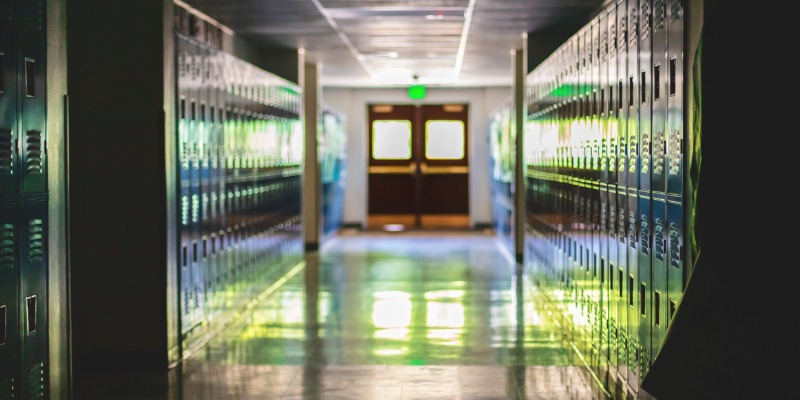School boards should focus on academics and order

After months of meetings, the Waterloo Region District School Board in Ontario finally released its new strategic plan. It’s key feature? An upside-down organizational chart that puts students at the top and the director of education at the bottom.
Of course, this chart is pure nonsense.
The district has not given students the power to hire and fire staff, nor can students tell the director of education which programs to cut or even what time they want school to begin in the morning. Anyone who wants to know the actual chain of authority in the district won’t get much help from this chart.
The rest of the strategic plan isn’t much better. It’s filled with lofty promises about “preparing students for the future” and plenty of catchphrases such as “celebrating the gifts of each and every student.” The plan also focuses on preparing students for the 22nd century—when most current students will be retired or dead.
What we don’t see in this strategic plan are any concrete measures to improve academic achievement. Sadly, Waterloo is far from the only school board to focus on everything except academics. The Toronto District School Board recently dropped its skills-based entrance requirements for specialized schools and the Vancouver School Board has eliminated its honours programs, mediocritizing schools in the name of “equity.”
If school boards want to truly empower students, especially those from disadvantaged backgrounds, they can start by getting serious about the academic basics, beginning with how they teach reading.
Earlier this year, the Ontario Human Rights Commission released a damning report (Right to Read) about Ontario’s approach to literacy in public schools. According to the report, students need extensive phonics instruction, something many of them don’t get enough of in school.
Imagine what would happen if every school board included meaningful changes to reading instruction in its strategic plan. This would benefit all students, particularly those whose parents cannot afford to hire private tutors or send their children to independent schools, at a time when Canada’s international testing performance in reading (and math and science) is declining.
School boards must also ensure that students can learn in safe and orderly classrooms. Prioritizing student safety means giving teachers the power to maintain order and discipline in their classrooms. Violence in school should never be tolerated.
This might seem obvious, but it’s a serious issue in some schools. For example, there have been numerous media reports about serious violent incidents in Saunders Secondary School, which is part of the Thames Valley School District based in London, Ontario. A recent CBC story quoted an anonymous teacher who described Saunders as a “tinderbox of violence” where students regularly challenged teachers to fistfights.
Incredibly, instead of addressing the problem, school board officials argued that the violence at Saunders was no worse than violence at other schools. The district’s director of education also wants to reduce the number of student suspensions, which might make sense if suspensions were unwarranted but is absurd when dealing with real incidents of violence.
It would also help if school boards hired fewer consultants and put those resources into classrooms instead. In far too many cases, consultants feel the need to justify their own positions by creating additional programs. As a result, teachers spend less time with their students because they’re forced to attend professional development sessions staged by these consultants.
Finally, school boards, particularly in large urban centres, must empower families by encouraging more choice within the system. Instead of making all schools follow the same cookie-cutter model, schools should be able to specialize with families choosing the school they want. The Edmonton Public School Board has successfully used this model for decades. More school boards should follow the Edmonton model.
If we want to see real gains in student achievement, school boards must prioritize academics. A strategic plan that promises evidence-based reading instruction, safe and orderly learning environments, and more options for families would go a long way to improving public schools.
Author:
Subscribe to the Fraser Institute
Get the latest news from the Fraser Institute on the latest research studies, news and events.

